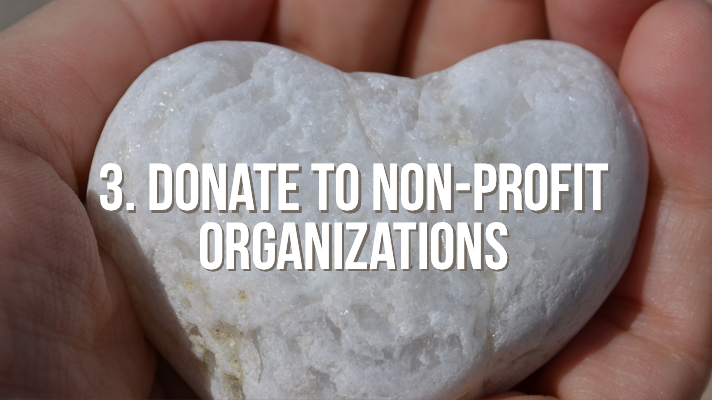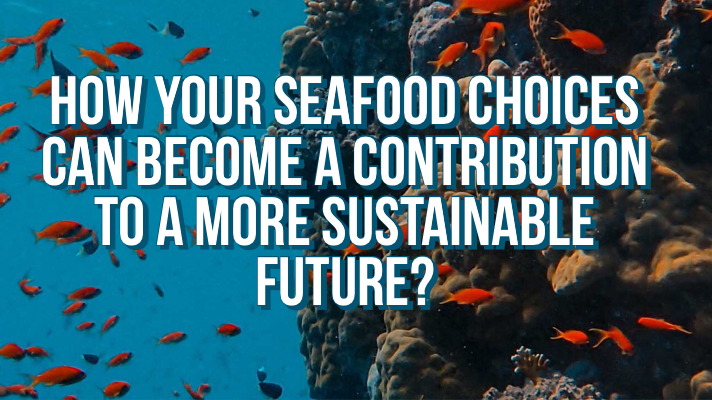Seafood choices go beyond delicious taste and nutritional benefits for our health
Regular seafood intake provides protein, vitamins, minerals, and omega-3 fatty acids, while seafood’s adverse effects on our health are limited. Of course, the seafood industry is not perfect and we have a big room for improvement, with the increased use of social media and the internet the halo of infodemics around seafood has been growing, especially with topics about overfishing, the ocean in danger, and plastic pollution affecting the marine environment.
Climate change, ocean contamination with plastics, and overfishing are real struggles for our industry, which is undeniable.
That is why the first responders to these problems are within the industry itself: seafood professionals and aquaculture scientists, think tanks, seafood restaurants, NGOs, fishermen, fisheries, aquaculture certifying bodies, and seafood companies with a strong commitment to making things better.
However, there is no place for a single polarized solution to all seafood industry issues, that’s a fact, and whoever reaches this kind of conclusion is disconnected from the real complexity and heterogeneity of this noble industry. Another fact is that seafood provides sustenance to billions of people worldwide.
Approximately 3 billion people in the world rely on wild-caught and farmed seafood as a primary source of protein according to WWF.
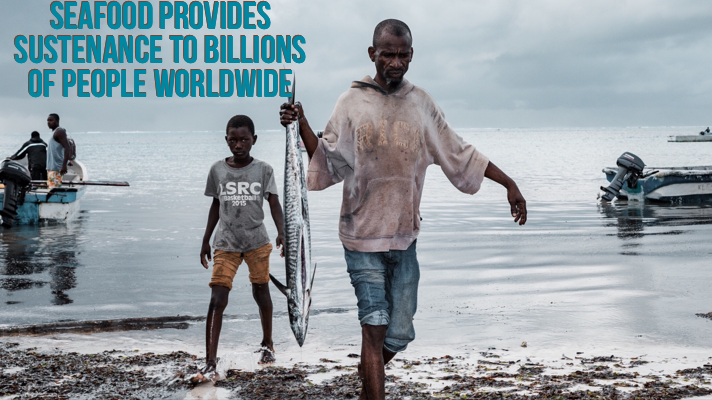
Therefore, programs for protecting marine habitats, farming improving methods and training, education about species life cycles, and sustainability are a must for responsible seafood industry stakeholders.
The Napa Seafood Foundation and partners carry out hard work to bring more and more people on board to improve lives through initiatives centered on seafood trade and improvement of communities that derive their livelihood from fisheries or aquaculture worldwide.
We endeavor to fundraise to support more projects that help to secure
seafood resources for generations to come.
You must be wondering what do I have to do with all of this?
And how can I contribute to make things better?
1. Eat down on the seafood chain and eat seasonally more frequently. This only means to select species that are low on the food chain like clams, oysters, anchovies, or wild salmon, among many other delicious options. These species have a shorter life span, reproduce easily, and some of them even aid to improve the quality of water, like mussels!. As per sticking to eating seafood seasonally, we refer to the consumption of specific species during the months of the year where they are at their peak, in harvest and availability. This allows fish stocks to reproduce plenty and distribute the fishing impact smoothly across the marine ecosystems, pushing fisheries to offer other species varieties. If you wish to consume seafood that is not in season, you can always look for responsible aquaculture products too.
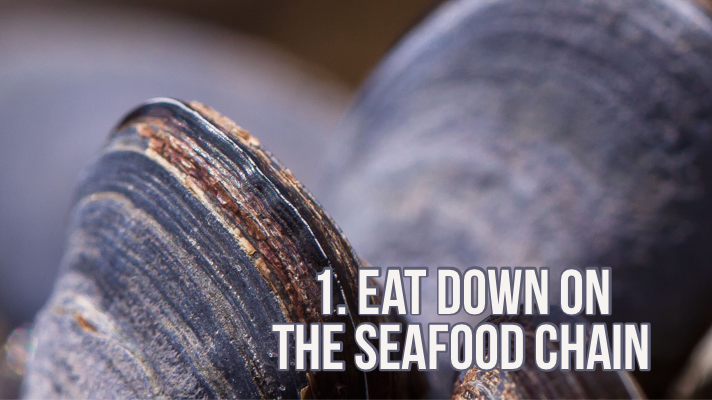
2. Whenever you visit your favorite grocery store actively look for verified sustainable seafood, and when in doubt ask the fishmongers in charge. As a responsible consumer, you can be a powerful tool to press retailers to procure, both imported and local, seafood that complies with the highest sustainability standards and social responsibility standards. Great and reliable examples are the seafood resources verified by MSC, ASC, or BAP. Join us in the pursuit of ethical fisheries and aquaculture management.
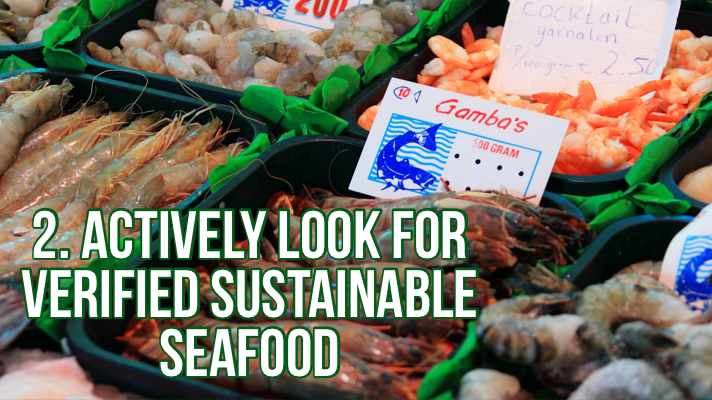
3. You can donate to non-profit organizations like the Napa Seafood Foundation. Since our foundation in 2016, we have been actively engaged in seafood-related projects; from building aquaculture farms to creating ocean-farmed products, we uplift and empower people in struggling and impoverished communities to build a brighter, more sustainable future. Learn about our causes and current initiatives.
